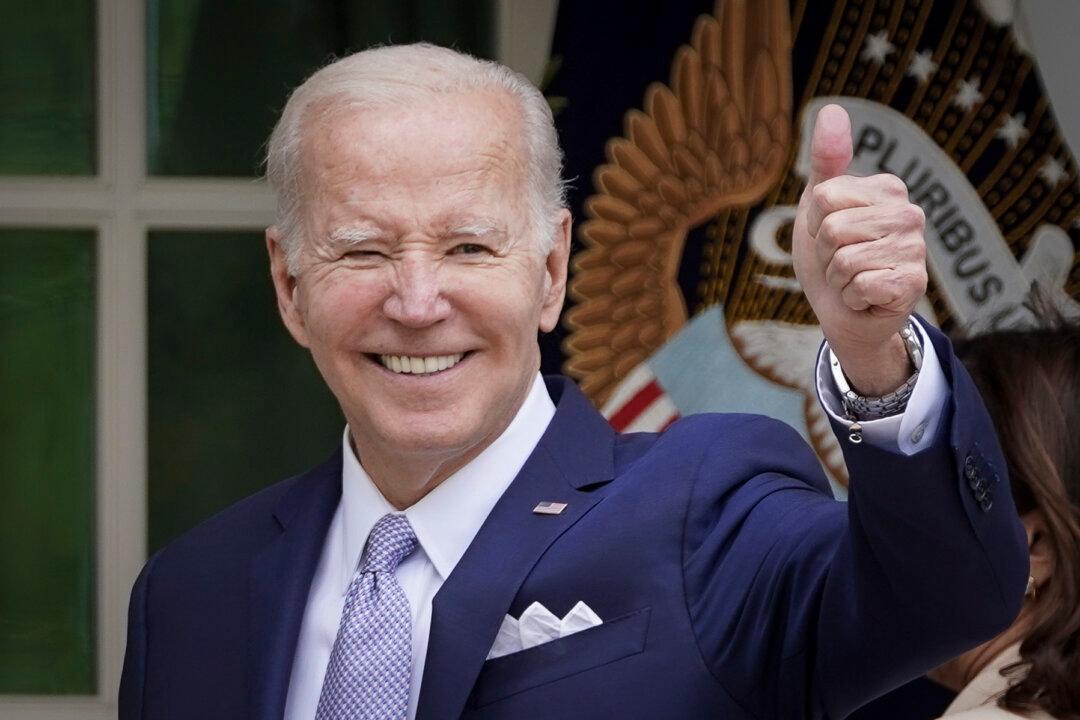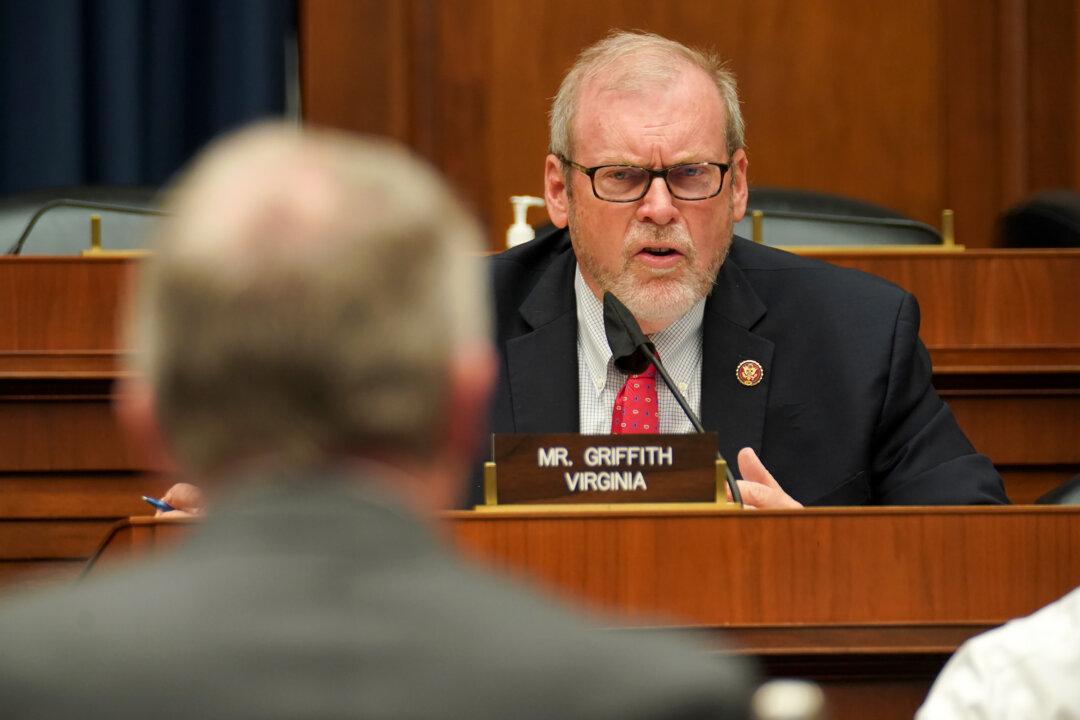The three-month standoff between the White House and Congress over the debt ceiling threatens a first-ever default on the nation’s financial obligations, which could occur as soon as June 1.
That possibility could be avoided if the president chose to simply ignore the debt ceiling and resume borrowing money to pay the legal debts Congress itself has authorized, some legal experts say.





